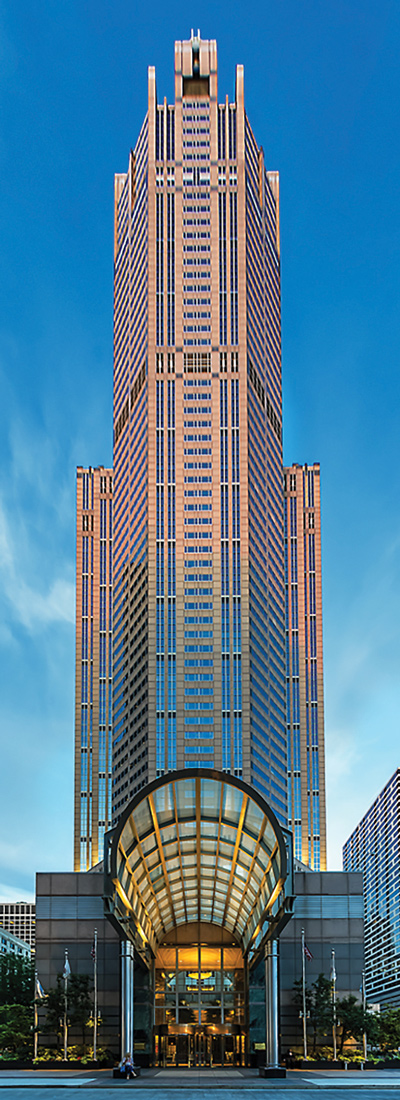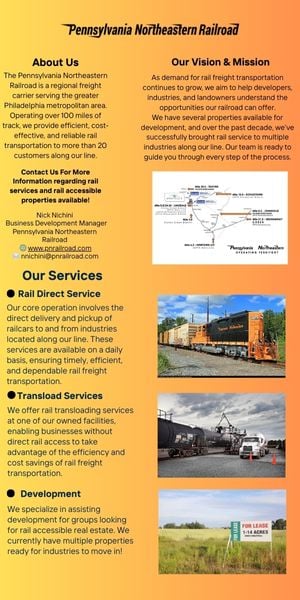Smart Energy Retrofit in Chicago

Installing wireless pneumatic thermostats controlled by smart buildings software at 311 South Wacker Drive has significantly reduced HVAC energy use and increased tenant comfort.
ZELLER REALTY GROUP'S effort to upgrade the HVAC controls at 311 South Wacker Drive has been nicknamed “the smartest energy retrofit in Chicago.” ZRG implemented this project soon after it purchased the building in 2014, to reduce energy consumption and improve the comfort of occupants in this iconic 65-story, 1.4 million-square-foot high-rise in Chicago’s West Loop submarket. The project has been a huge success, saving over 30 percent in HVAC energy use and receiving the largest rebate ever granted by Commonwealth Edison Co. (ComEd) for a commercial building, all while improving the comfort of building tenants.

Zeller Realty Group’s upgrade of the HVAC controls at 311 South Wacker Drive in Chicago’s West Loop submarket has reduced HVAC energy use by 30 percent while improving tenant comfort. The 65-story, 1.4 million-square-foot tower has been dubbed “the smartest energy retrofit in Chicago.”
Today, with 20/20 hindsight, the project was a “no-brainer.” But it wasn’t so obvious at the beginning. ZRG’s technical operations team members had to ask themselves quite a few questions: How much will it cost, what are the risks and benefits, and how can we justify the capital expenditure?
ZRG’s plan was to reduce operating costs and attract new tenants by upgrading building amenities. At the time of ZRG’s purchase, the building had an Energy Star score of 75 out of 100. Clearly, there was much room for improvement. The structure was built in 1990, just as direct digital control technology was beginning to be adopted to control HVAC systems. But this option was probably value engineered out. Instead, the structure was built with pneumatic controls. Over time, 80 percent of the pneumatic thermostats that controlled night setback had been abandoned, destroyed or covered with Sheetrock. This was low-hanging fruit. The ZRG team investigated replacing the pneumatic thermostats, conversion to direct digital controls and wireless pneumatic thermostat technology.
The Solution
As with many things in real estate, decisions quickly headed to the lowest-cost alternative. The wireless pneumatic thermostat technology was expected to be less than half the cost of the other two alternatives. That cost dropped even lower as it became clear that the thermostat conversion was simple and could be accomplished by in-house staff. Once the new thermostats were installed and the ZRG team had data from throughout the building, the team would be able to optimize the operation of all major equipment inside it.
The building equipment now takes commands from the cloud. Two key elements made this solution possible. The first was Cypress Envirosystems’ patented wireless pneumatic thermostat technology. The second was JLL’s IntelliCommand smart buildings software, which provided cost-effective remote diagnostics and equipment optimization through the cloud. These solutions have already been proven in the marketplace for over eight years, but this deployment was to be the largest in the Midwest.
To convince ZRG to invest the capital, the operations team worked closely with Cypress and JLL to estimate the energy savings potential and applied for utility rebates from ComEd. The rebate was critical not only to reduce the cost of the project, but also as a validation of the technical approach from an objective third party. ComEd provided a rebate of 50 percent of the project cost, based on projected HVAC energy savings of 26 percent.
The resulting net cost to ZRG was just under $400,000, with an expected payback period of about 22 months. Given these economics, the team did not have much trouble securing the necessary capital approval. The installation work started in December 2014, and 944 thermostats on all 65 floors were retrofitted in about six weeks.
After two years of operation, the retrofit has actually delivered better efficiency than projected, reducing HVAC energy use by 30 percent rather than the originally estimated 26 percent. The payback period was reduced to 19 months. Hot and cold calls from tenants were reduced by 20 percent.
Sharing the News
Given this success, ZRG’s operations team is already working to replicate this effort at other buildings within the firm’s portfolio. Because of the company’s overall commitment to conserving energy and improving the environment, ZRG also made it a priority to share its experience at 311 South Wacker with other real estate professionals. About 70 percent of the office buildings in Chicago still use the same pneumatic thermostats that this building used to have, and they can realize similar benefits in energy savings and tenant comfort.
In February 2017, ZRG invited over 130 asset managers and building managers to 311 South Wacker so they could see firsthand the ease of implementation and the benefits of this solution. ZRG believes that Chicago can soon become the smartest city in the U.S. for energy retrofits of existing buildings.
Consolato Gattuso, Zeller Realty Group







